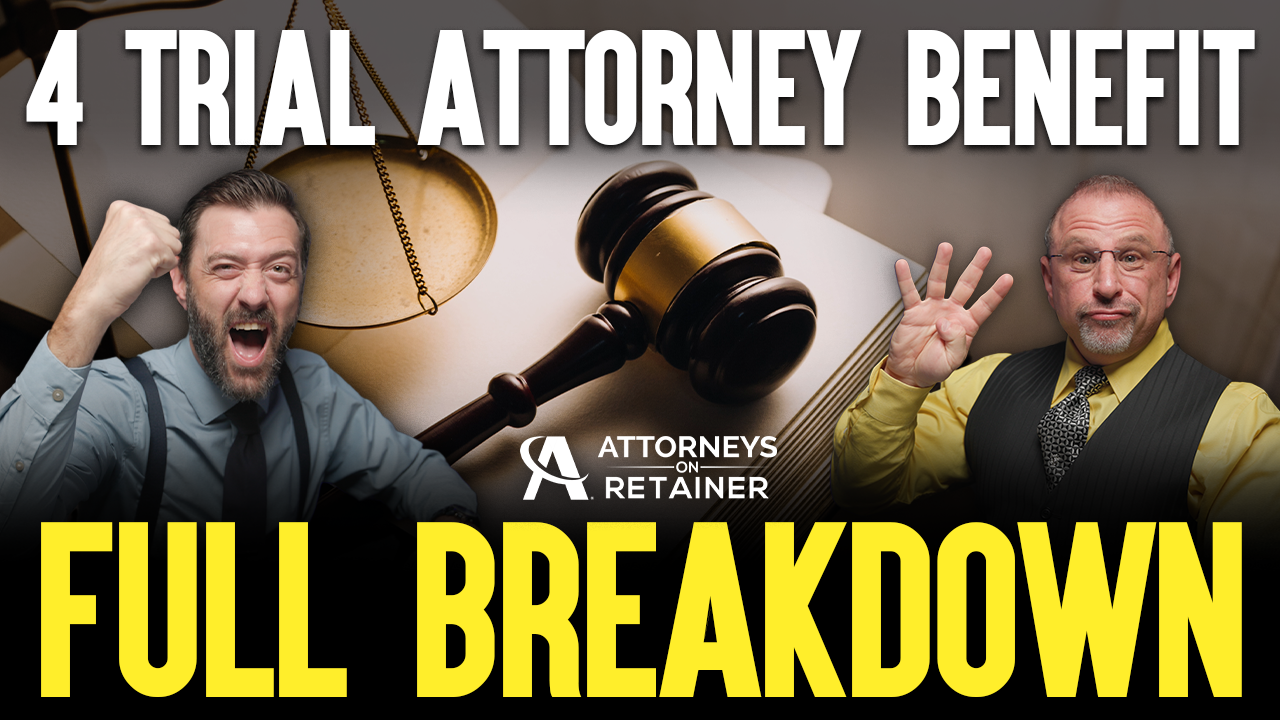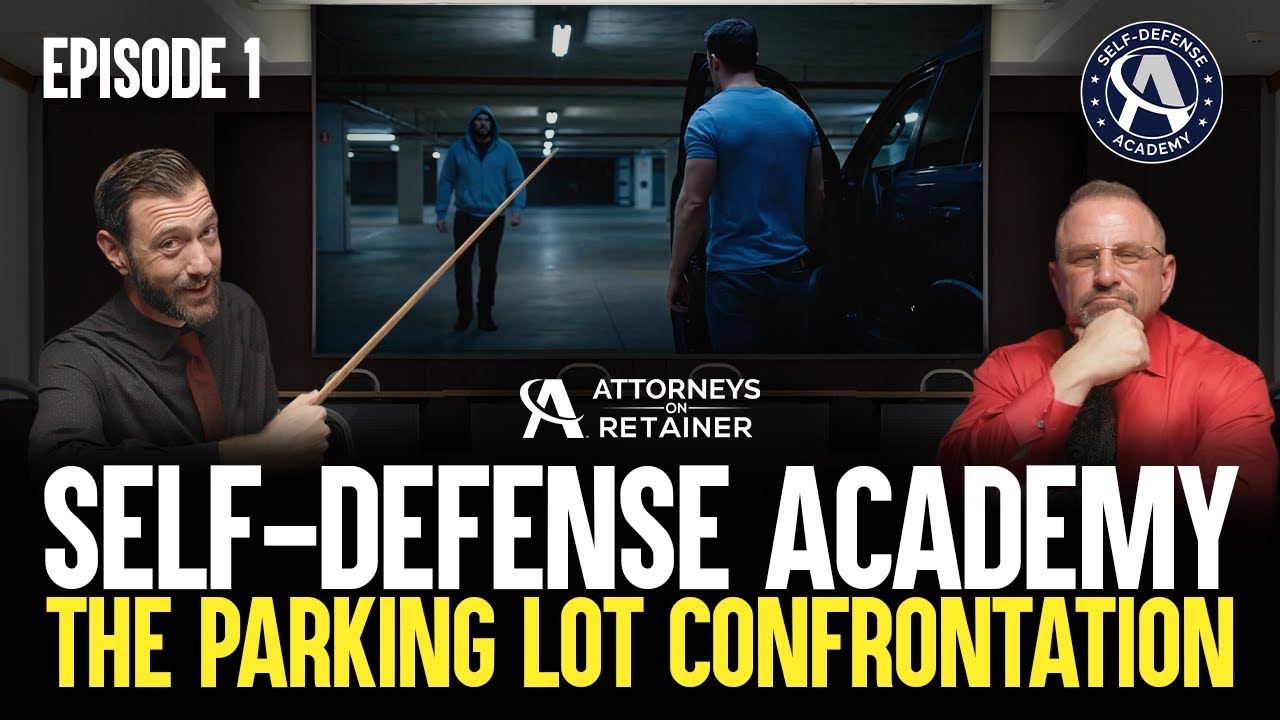Just Shut Up: What Should You Say to the Police After a Self-Defense Incident?
April 29, 2024
Knowing what to do after a self-defense shooting is especially important because what you do right after the incident can affect your legal situation. One key piece of advice is to use your right to stay silent. Even though you might feel the need to explain yourself, it is better to wait until you have a lawyer present. Talking to the police without first consulting a lawyer can be risky, even if you think you were justified in what you did. A lawyer can help make sure that anything you say does not get misunderstood or used against you later.
Key Points:
- The Golden Rule: Just Shut Up
- The Risks of Making a Statement
- Potential Pitfalls of Police Reports
- Handling the 911 Call
- Exceptions and Legal Support
- Final Advice
The Golden Rule: Just Shut Up
The most crucial piece of advice after a self-defense incident is simple: just shut up. Speaking to the police, no matter how justified you believe your actions were, can complicate your legal situation significantly. Many people think that by explaining themselves immediately, they can clear up any misunderstandings, but this is a misconception. Even if you believe you were in the right, anything you say can be used against you. Silence is your best defense until you have legal representation to guide you.
“If you knew all of the gun-related cases that I could have gotten people out of or a better result at the end if they had just kept their mouths shut, you would not even be thinking about making a statement to the police.”
The Risks of Making a Statement
When the police read you your Miranda rights, it is a clear signal that they suspect you might be in the wrong. This is not the time to try to justify your actions. By declaring a legal defense, such as “I was in fear for my life,” you might accidentally limit your legal options later. What if there is another, potentially stronger defense available that you have not considered? Additionally, making a statement immediately after a traumatic event is filled with risks. Under stress, your memory and perception can be impaired, leading to mistakes that prosecutors might seize upon to weaken your case. In essence, the immediate aftermath of a shooting is the worst time to try and present a reasonable defense.
Potential Pitfalls of Police Reports
One major issue with making statements to the police is the risk of those statements being recorded incorrectly. Police officers are human, and they can make mistakes. An officer might mishear or misunderstand your words, or their written report might not accurately reflect what you said. This can create serious problems if the case goes to trial. Worse, if you encounter a dishonest officer—yes, they do exist—your words could be deliberately twisted or misrepresented. Entrusting your future to the accuracy and honesty of someone you do not know is a gamble you should not take. The safest bet is to remain silent and let your attorney do the talking.
“When you make a statement at the scene, you have just declared a legal theory. Do not do that. Let your lawyer decide what the legal theory of your defense is going to be.”
Handling the 911 Call
If you find yourself in a situation where you must call 911, it is crucial to keep your statement short and factual. The goal is to report the incident and request help, not to explain or justify your actions. Ideally, if someone else can make the call, let them do it. The caller should simply inform the dispatcher that there has been a shooting, provide the location, and request medical aid. If possible, they should also mention that the firearms are secure and that everyone at the scene is non-threatening, such as by having their hands visible. This helps to ensure that you are not perceived as a threat when the police arrive. The key here is to avoid making any statements that could later be used against you.
“If you have to call 911, there is nobody else who can do this, same order of business: hello 911, there has been a shooting, someone is down, please send help, here is the address.”
Exceptions and Legal Support
While the general advice is to remain silent, it is important to acknowledge that there are exceptions. Every situation is unique, and there might be cases where speaking up is necessary. However, the safest course of action is to consult with an attorney as soon as possible after the incident. Having a lawyer who understands self-defense law on your side can make all the difference. Programs like Attorneys On Retainer offer a proactive approach, giving you access to legal representation 24/7, so you are never caught off guard when you need it most.
Final Advice
“If you actually are in a shooting, best to call an attorney immediately. Our Law Firm is available 24/7/365.”
To summarize, after a self-defense incident, your best move is to remain silent and seek legal counsel immediately. Speaking to the police without a lawyer present can jeopardize your case, even if you believe you are in the right. By staying silent, you protect yourself from potential legal pitfalls and give your attorney the best chance to defend you effectively. For those looking to ensure they have legal support when they need it, exploring resources like The Attorneys For Freedom Law Firm and The Attorneys On Retainer Program is a wise step. Do not leave your future to chance, plan ahead and know your rights.
We hope you enjoyed the information in this article on what to say to the police after a self-defense incident. If you want to know more about our law firm or our self-defense protection program Attorneys On Retainer, please call 866-404-5112 or email us.



